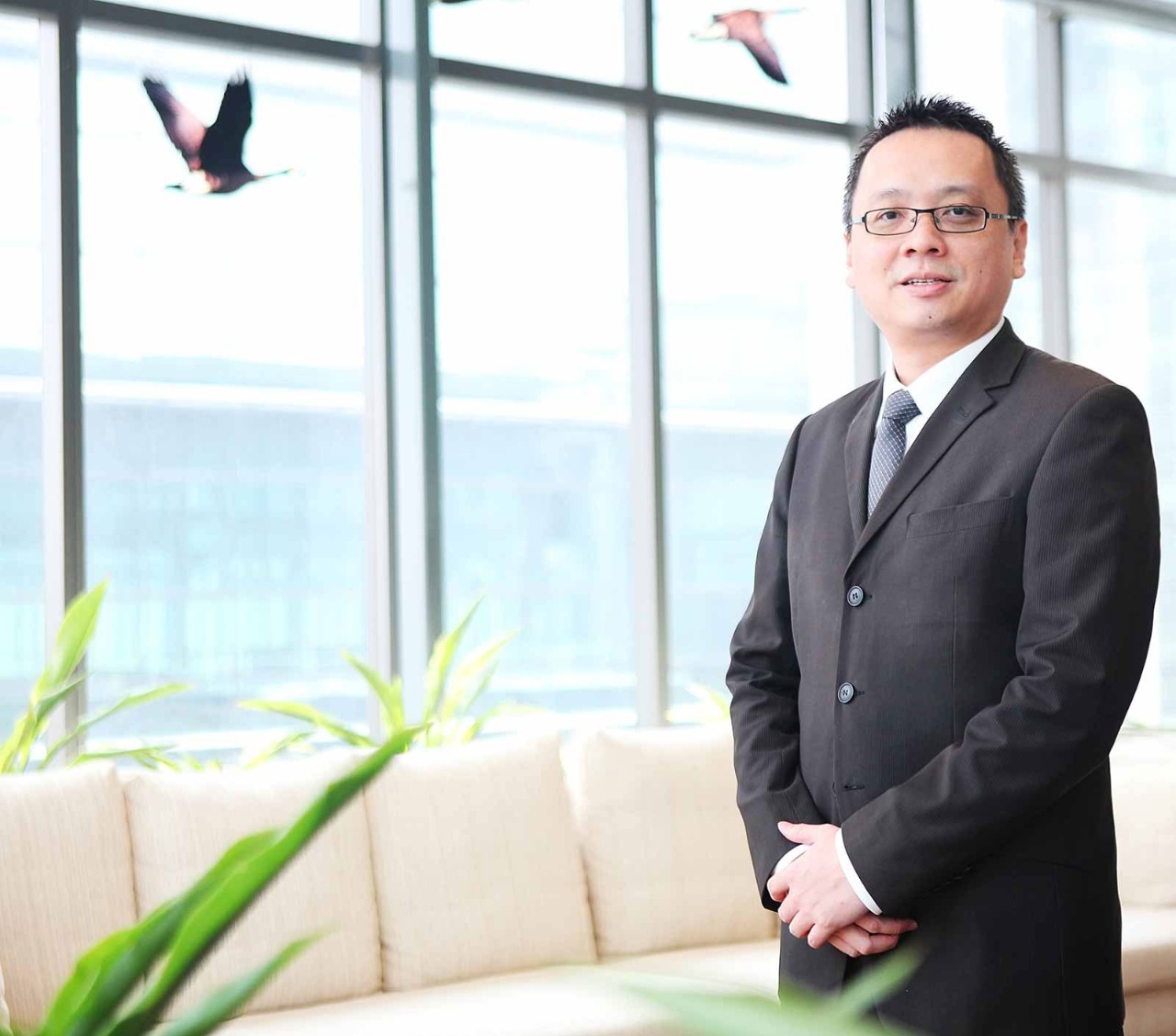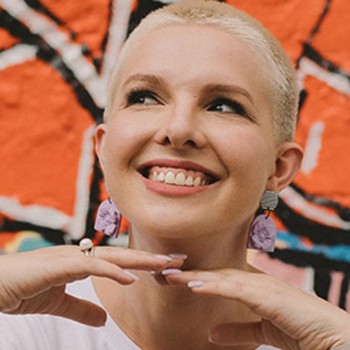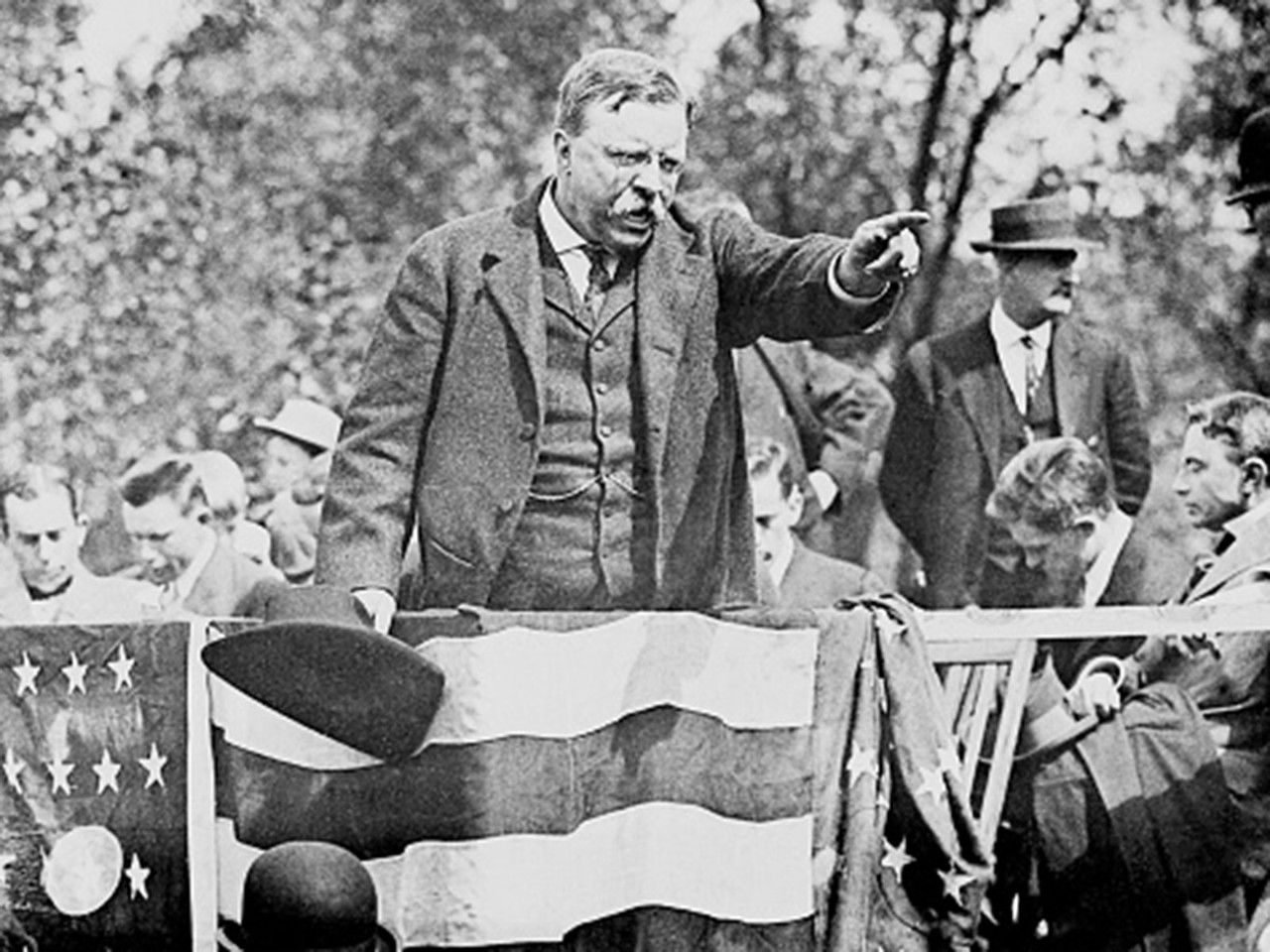
ACCA Asia Pacific recently held the eighth Asia Pacific Thought Leadership Forum remotely. Entitled ‘Rethinking risks – opportunities in the midst of a prolonged crisis', the forum brought together three speakers based in Singapore, Vietnam and Hong Kong to discuss how their organisations are approaching the systemic changes wrought by the Covid-19 pandemic.
After opening remarks by Nguyen Viet Thinh, CEO of the Vietnam Institute of Directors and president of the ACCA Vietnam Member Advisory Committee, the forum moved on to a keynote presentation from Dr John Lee, CEO of Maybank Singapore.
Dr Lee first discussed the shape of both global and country-specific recoveries from the pandemic.
'We need to rethink multilateralism and we need to look again at how we can work together'
K-shaped recovery
'In the past, we had U-shaped or V-shaped economic recoveries, but I think we now have a new one: K-shaped,' he said. 'There have been very mixed recoveries from many countries.'
Countries that responded well to Covid-19 are seeing economic growth, while others are continuing to face challenges.
There are also K-shaped recoveries taking place within countries, Dr Lee continued: 'For example, in Singapore you have industries such as healthcare, manufacturing and digital services that are doing well, but tourism, hospitality and retail are not. I think we will find this recovery to be very mixed.'
'As we work from home and spend so much time online, it becomes very boring. To mitigate that, we maintain daily check-ins'
He also noted the acceleration of digitalisation spurred by the pandemic, a trend that was already underway prior to 2020, but which has only picked up speed.
'At Maybank in Singapore, a lot of our customers continued to go to a branch to transact, but with lockdown they couldn’t and a lot have pivoted to digital,' Dr Lee said. 'And once they do that, they do not migrate back to going to a physical branch.'
While such a transition can be beneficial for consumers in the long run, digitalisation is displacing many jobs around the world, and governments need to be prepared to address that.
Such job displacement – whether caused by digitalisation, the pandemic or some other combination of factors – has caused anxieties for many people and hence highlighted the importance of personal health, both mental and physical, among employees, an issue which all three speakers touched on.
Beyond the office
'What I’ve encouraged people to do more of is to integrate with their teams outside of the office,' Thinh said. 'As we work from home and spend so much time online, it becomes very boring. To mitigate that, we maintain daily check-ins, just 10 or 15 minutes, to highlight anything interesting that’s going on.'
'We turned 22,000 square metres of our exhibition facilities into a treatment centre for positive cases within 72 hours'
The company has also organised virtual social get-togethers during periods when bars and restaurants are closed due to pandemic restrictions: 'If we don’t have the chance to go out for a drink together, we have virtual drinking on Fridays just to talk, which increases cooperation,' said Thinh.
Meanwhile, Enid Low, chief strategy officer of AsiaWorld-Expo (AWE), based in Hong Kong, explained that her team had the unique experience of changing their working mode from a traditional meetings, incentives, conferences and exhibitions (MICE) venue on an event basis to a 24-hour operation mode during the worst of the Covid-19 outbreaks.
'We’ve had full operations during the pandemic to help the government,' she said. 'At one point in 2020, we turned 22,000 square metres of our exhibition facilities into a treatment centre for positive cases within 72 hours. We then turned more space into another temporary hospital and an elderly care area.'Low adds that the company is more than a venue provider: ‘AWE has taken up the project manager role in coordinating with authorities, contractors and the professional medical team.’
AWE’s Business Development staff normally travel internationally on a regular basis, but with such work shut down, they had a lot more time for training and other initiatives in Hong Kong. 'They started to share their own unique skills,' Low said. 'For example, our assistant business development manager has a master’s degree in wine tasting from a French university, so she did a class on wine tasting. This really helped with mental health.'
Conference rooms that sat unused, due to well over 360 conventions and exhibitions being postponed or cancelled last year alone, were turned into socially-distanced yoga studios for employees who wanted to bring their mat to work and practice there.
Risk management
Another major discussion point during the forum was the need for companies to reflect on how they have responded to the pandemic in order to improve their risk management strategies, and also improve their ability to predict future risks.
'The risk landscape has changed significantly during the pandemic,' Thinh said. 'Ensuring support for the supply chain, maintaining the physical and mental health of people – these are operational risks and they have been put in a different order of priority.'
'We need to be more predictive of future risks,' Dr Lee added. 'We need to be able to better anticipate and use data to prepare for what could happen. Look at how we can react faster and make decisions more quickly.'
Low argued that AWE’s direct involvement in front-line pandemic care highlighted its dynamic risk-management strategy, which allowed it to mitigate the risk to its staff while carrying out operations they had never done before.
In his presentation, Dr Lee also discussed ways to pivot once we reach a post-pandemic world.
'We need to rethink multilateralism, as everyone looked inwards to deal with the pandemic, and we need to look again at how we can work together,' he said. 'We also need to redesign urban planning and living, as we’re seeing a hollowing out of city centres with people getting more comfortable working from home or companies building satellite offices. We need to look at how to plan our cities to cater to this new environment.'



